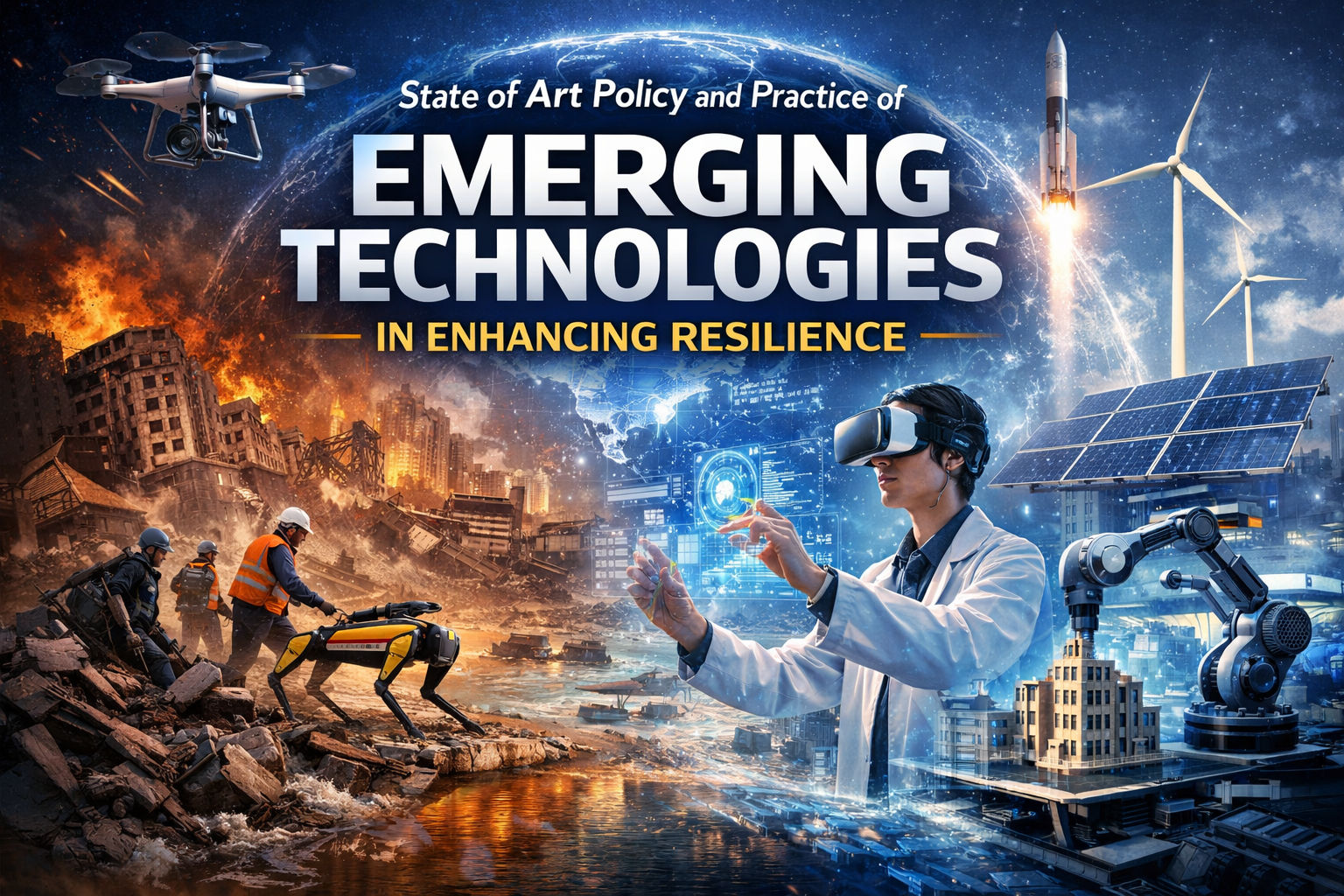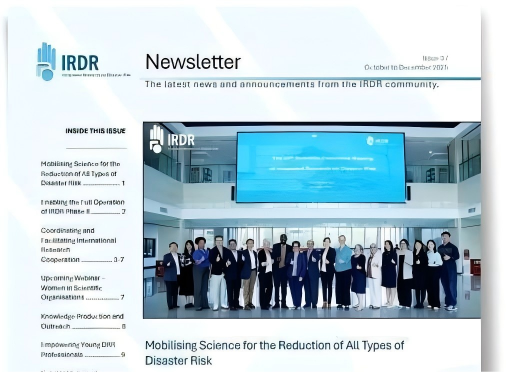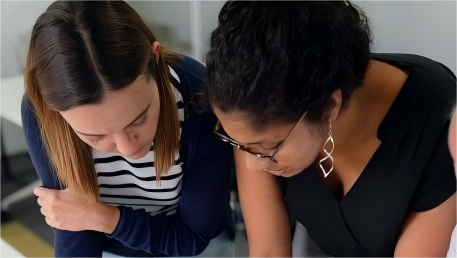During his recent visit to the Headquarters of Bushfire & Natural Hazards Cooperative Research Centre (BNHCRC), IRDR Executive Director Rüdiger Klein had an opportunity to discuss with the secretariat leadership the specifics of the role of the National Committee in the context of the IRDR Programme.
BNHCRC had prepared a number of contributions such as the Productivity Commission’s inquiry into Natural Disaster Funding Arrangements for Australia’s Productivity Commission review of disaster funding arrangements. This summer they were invited to Parliament House in Canberra for the launch of the Australian Business Roundtable for Disaster Resilience and Safer Communities latest report written by Deloitte Access Economics, titled Building an Open Platform for Natural Disaster Resilience Decisions. The report, along with its previous white paper provide a good insight into some of the challenges facing Australia when dealing with the risks associated with natural hazards. In particular this latest report takes a close look at the data requirements and research landscape: BNHCRC found it supports much of the strategic direction of the Centre. It also highlights the role Bushfire and Natural Hazards CRC play in linking research to end-users and recommends it as a model to be emulated.
The report makes three more general recommendations, which are central also to the work of the National Committee:
1. Efficient and Open – deliver a national platform for foundational data
2. Transparent and Available – remove barriers to accessibility of data and research and
3. Enabling Effective Decision-Making – establish a prioritisation framework.
BNHCRC considers the report a good snapshot of the current state of knowledge around data and research in Australia and “a useful resource”. BNHCRC had been admitted as IRDR National Committee for Australia in June 2014. BNHCRC is undertaking research that supports the development of cohesive, evidence-based policies, strategies, programs and tools to build a more disaster resilient Australia. This includes working with communities, to improve disaster resilience and reduce the human, social, economic and environmental costs from bushfires and other natural hazards. The research has three major themes covering 12 clusters of projects, most of which span the priorities for those working in a multi-hazard environment. From July 2013, $47 million in Australian Government funds under the Cooperative Research Centres Program have been matched by support from state and territory government organisations, research institutions and NGOs.
Recently, BNHCRC has joined forces with AFAC to host the AFAC14 conference addressing the theme After Disaster Strikes, Learning from Adversity held last 2-5 September 2014 in Wellington, New Zealand where IRDR SC Chair David Johnston also served as one of the keynote speakers.






